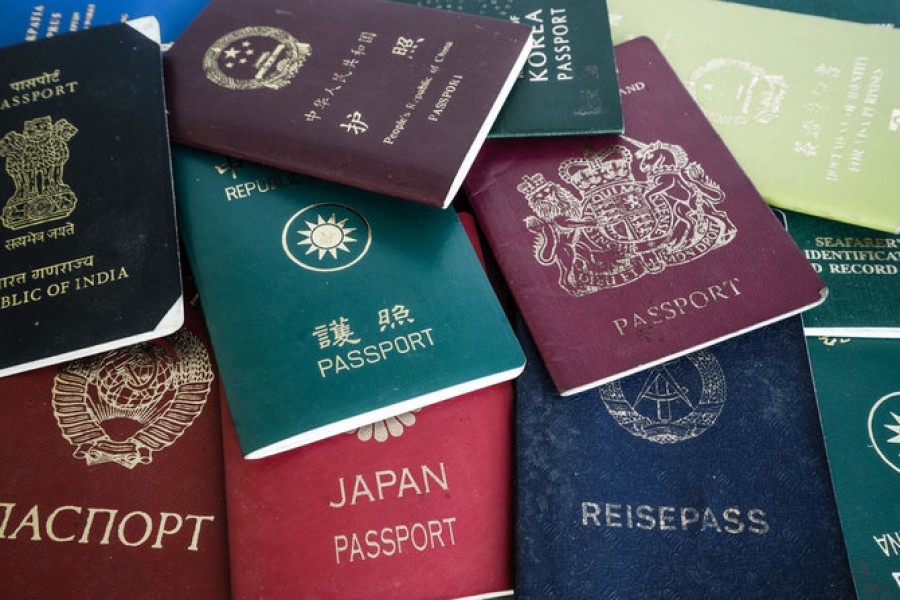
Published :
Updated :

Chancellor Angela Merkel is meeting top German business and union officials on Monday to discuss how to attract skilled workers from outside the European Union (EU) as the country tries to tackle a shortfall of qualified labour, reports AP.
Legislation is due to take effect March 01 making it easier for non-EU nationals to get visas to work and seek jobs in Germany. Arrangements currently applied to university graduates are being expanded to immigrants with professional qualifications and German language knowledge.
“Many companies in Germany are urgently seeking skilled workers, even in times of a weaker economy,” Eric Schweitzer, the head of the Association of German Chambers of Commerce and Industry, told the Funke newspaper group. “For more than half of companies, the shortage of skilled workers is currently the biggest risk to business.”
He called for “unbureaucratic and effective implementation” of the new legislation.
Sectors including information technology and nursing have complained of a shortage of workers.
Monday’s meeting will discuss which countries German business wants to focus on “and we will cut out the bureaucratic hurdles,” Labor Minister Hubertus Heil told RBB Inforadio. He named as examples the process of recognizing professional qualifications, language ability and visa procedures.
Like many other European countries, Germany is trying to strike a balance between the needs of its labour market, an aging native population and concern about immigration.
Heil said that the aim isn’t to undercut German wages and “our problem at the moment is rather that we are not being overrun, that we are not getting qualified workers.”


 For all latest news, follow The Financial Express Google News channel.
For all latest news, follow The Financial Express Google News channel.